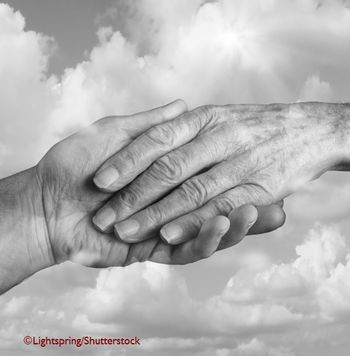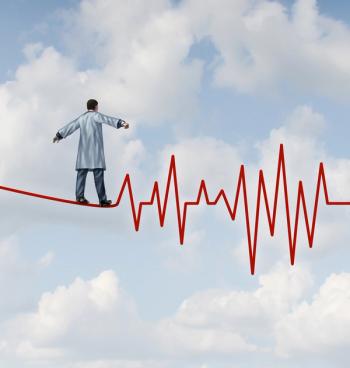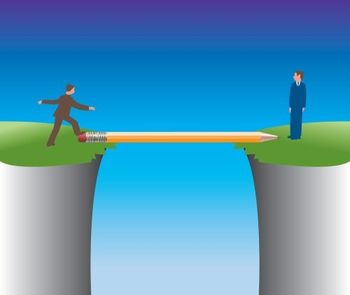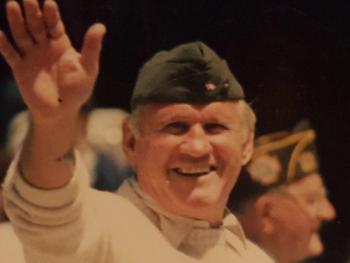
Is a "good death" possible in the face of terminal illness?

Is a "good death" possible in the face of terminal illness?

Both the literature and clinical experience point to considerable risk in discontinuing antipsychotic treatment, for many chronically psychotic patients. Here's why.

We put our faithful old basset hound down this weekend. Maizy's death was painless, merciful, dignified, and timely. She died in the arms of two people who really loved her.

We celebrate April Fool’s Day for sound psychological reasons, and there are lessons to be learned.

Forty years later, we are still in the belly of the managed care beast.

We can teach patients a lot about the biopsychosocial causes of depression-even in 5 minutes.

A man searches for the answers to what happened to him psychologically after a childhood of high achievement. But facts intersect with fiction in this documentary.

In the opinion of the author, the psychiatry/anti-psychiatry rift has had a devastating effect on the lives of people with severe psychiatric problems.

A review of a compelling documentary on the spectacular rise and catastrophic fall of British singer Amy Winehouse, a star with an old voice in a young body.

Setting the record straight on what the literature does and does not say about long-term use of antipsychotics.

Recently, there were two reports about concerns over changes in terminology in our field. So, what's in a name?

This will be a busy year as the role of new digital tools in medicine converge to offer novel opportunities to clinical care.

What can we do, as a society, to reduce the levels of incivility and narcissism that appear to be on the rise?

If my dad looked back on those ferocious battles he fought in the south Pacific, he never let on.

Gun violence by alienated, disgruntled individuals isn't new. So what changes may help account for our recent spate of mass shootings?

Hopefully the words imparted here convey the scope of our profession and psychiatry at its best. We have been-and should be-so much more than the current 15-minute med check.

Breakups hurt. Even the traditional methods are painful. But an adios via a third party? How cold is that?

Of the 3.6 million military personnel deployed to Operation Iraqi Freedom and Operation Enduring Freedom, over half are married and about 53% are parents. As these veterans return home, the process of reintegration can have a variety of effects.

Here's why Trieste is the place this psychiatrist would most want to be if he had a severe mental illness.

By failing to provide adequate care and housing for the mentally ill, we have condemned 350,000 to jails and 250,000 to the streets.

As technology continues to expand exponentially, so does our potential to harness these technological capabilities to expand the field of psychiatry. At Psychiatric Times this year, we highlighted a range of topics on these advancements.

Remembering notable clinicians and members of the public who made a difference.

There is no one-size-fits-all solution to how people and cultures should respond to overwhelming stress, depression, and trauma.

I miss a gentler America-one where assault weapons and 14 dead people weren’t part of the daily ride to work. Can we work together to get back there?

Most psychiatrists do not fit neatly into the biological or psychodynamic camps. Instead, like surgeons, they will implement tools that reduce the suffering and enhance the well-being of the patient.